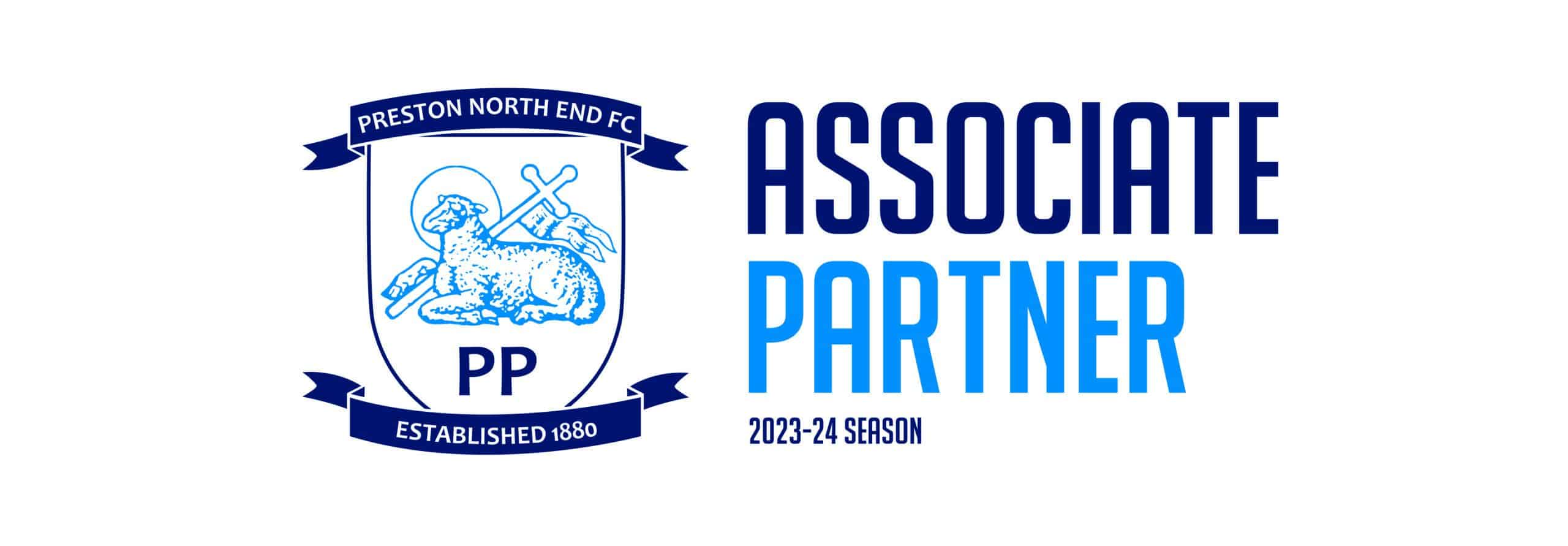Deposit Unlock Scheme
- Expert Mortgage Advice
- Thousand of Mortgage Product
- Speak To Us To See If We Can Help
Get in touch today for a free, no-obligation chat about how we might be able to help you.
Deposit Unlock Scheme
Deposit Unlock is a property purchase scheme that launched in 2021. The aim is to help people onto the property ladder, and it’s not just designed for First Time Buyers.
What is Deposit Unlock?
Deposit Unlock helps people buy a new build home with a low deposit. It’s common to need a 15% deposit or more to qualify for a mortgage on a new build property, but the Deposit Unlock scheme makes it possible to buy with just a 5% deposit.
Deposit Unlock was developed by the Home Builders Federation, which represents housing developers. The number of house-building companies involved is continuing to grow.
How does it work?
With Deposit Unlock, the house builders pay to insure your mortgage, so that you can buy a home with a lower deposit. This gets around the lenders’ concern that property market changes could mean you owe more than the property is worth. If that were to happen, the insurance would cover the difference.
You need to find a suitable house builder and mortgage lender to work with – we can help you with this. The maximum loan you can get through this scheme is currently £750,000, but this does vary by lender and your specific circumstances.
Who is eligible for Deposit Unlock?
Any UK-resident adult is eligible for the scheme, but there are a number of requirements:
- You must be buying a new build property.
- The loan you require must not exceed £750,000.
- You can only buy a home from participating house builders and lenders (see below)
- You must not already own another home at the time of completion.
You will also need to meet the lender’s criteria for a mortgage.
Which home builders are signed up to Deposit Unlock?
At the time of writing, more than 80 building companies are part of the scheme. You can check the participating companies on the House Builders Federation website.
At present only four lenders are offering Deposit Unlock mortgages: Accord Mortgages, Nationwide, Newcastle Building Society and Bluestone Mortgages. This could make it more difficult to find a competitively priced mortgage, as there are fewer lenders to compare.
What are the pros and cons of the Deposit Unlock Scheme?
The big advantage of the Deposit Unlock scheme is that it makes it easier to get on the property ladder – you won’t have to save up as big a deposit.
As an example, a 5% deposit on a £200,000 property is £10,000, which is a lot more achievable than a 10% deposit – which would be £20,000. Because of that, you may be able to buy a home sooner.
While there are a good number of housebuilders involved, the main disadvantage is the limited number of mortgage lenders that support the scheme. This, and the fact that you have a high ‘Loan to Value’ ratio, will mean you face higher interest rates.
If you can save up a 10% or 15% deposit you will have a much wider choice of lenders and lower rates.
How do I apply?
First of all, have a chat with a good mortgage broker to understand your specific situation and what your mortgage options might be. We will explore your goals and help you set a property budget.
If the Deposit Unlock scheme makes sense for your situation, the next step is to find a suitable property with one of the house builders that are part of the scheme.
What else should I consider?
There are a number of options that might help you get onto the property ladder – and Deposit Unlock is just one of them. You could also look at Shared Ownership, a Joint Borrower Sole Proprietor Mortgage and Right to Buy. You might also benefit from opening a Lifetime ISA.
As mortgage brokers, we have a lot of experience in exploring the different schemes available on behalf of our clients – so let us help you understand your options.
We’ll talk to you about your situation and what you’re looking to achieve. Then we’ll compare lenders offering mortgages that will suit your needs, and recommend the most effective way forward. Contact our team for an initial chat today.
An ISA is a medium to long term investment, which aims to increase the value of the money you invest for growth or income or both. The value of your investments and any income from them can fall as well as rise. You may not get back the amount you invested.
Approved by the Openwork Partnership on 15/01/2024
Your home may be repossessed if you do not keep up with your mortgage repayments.
Useful Links
- Limited Company Director Mortgages
- Self-Employed Mortgages with One Years Accounts
- Buy To Let Self Employed Mortgages
- Documents needed for Self-Employed Mortgage
- Joint Mortgage Applications when One is Self Employed
- What Income do Mortgage Companies Look at Self-Employed
- Are Self-Cert Mortgages Still Available?
- CIS Mortgages
